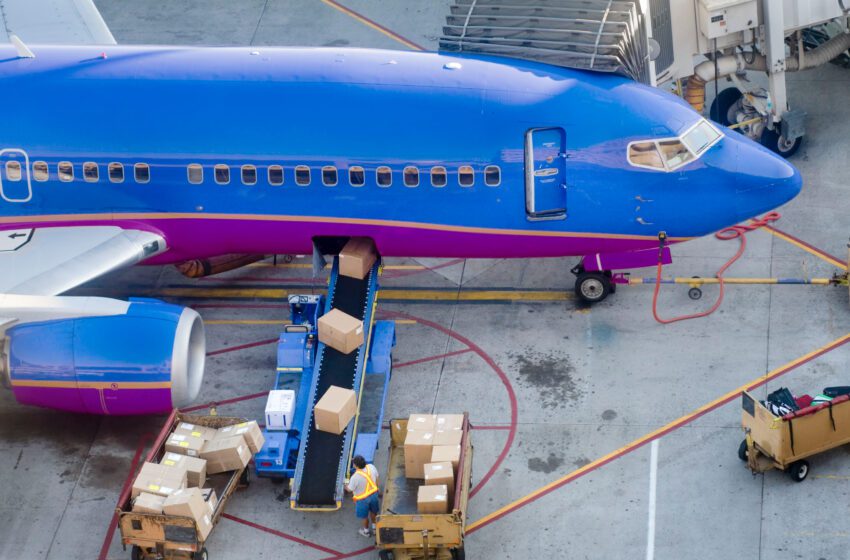
Last week, U.S. authorities publicly announced the first seizure of some Elf Bar products and other disposable vape brands as part of an operation confiscating 1.4 million illegal, flavored vapes from China.
Officials pegged the value of the items at $18 million.
The Associated Press, however, is also reporting the vapor maker of Elf Bar and other disposable brands, Shenzhen iMiracle and others, has imported products worth hundreds of millions of dollars while repeatedly dodging customs and avoiding taxes and import fees, according to public records and court documents.
Records show the makers of disposable vapes routinely mislabel their shipments as “battery chargers,” “flashlights” and other items, hampering efforts to block products that critics say are driving teen vaping in the U.S.
“The steps toward regulating disposables have been very weak and that has enabled this problem to get bigger and bigger,” said Eric Lindblom, a former Food and Drug Administration official.
Elf Bar is the lead product of Shenzhen iMiracle, a privately held company based in Shenzhen, the sprawling Chinese manufacturing hub that produces more than 95% of the world’s e-cigarettes.

Elf Bar, Lost Mary and several other iMiracle brands are expected to generate $3.5 billion to $4 billion globally this year, according to industry analyst ECigIntelligence.
In the U.S., iMiracle recently abandoned the Elf Bar name due to a trademark dispute and efforts by regulators to seize its imports. Instead, its products are sold as EB Create.
At a 2022 court hearing in the case, U.S. distributors described skyrocketing sales.
Jon Glauser, of Demand Vape in Buffalo, N.Y., told a federal judge his company had sold more than $132 million worth of Elf Bar products, accounting for a third of its yearly profits.
“We were selling it faster than we could get it in,” Glauser said, according to the court transcript.
Glauser attributed Elf Bar’s quick rise to its profit margin. Sellers make about a 30% profit, double that of other disposable e-cigarettes, he said.
IMiracle’s parent company, Heaven Gifts, previously described how it could help customers evade import fees and taxes. Heaven Gifts’ website advertised “discreet” shipping methods to buyers, including not mentioning e-cigarettes or its company name “anywhere on the package.” Instead, the company said contents would be labeled as “atomizer, coil, tube, etc.”
“We also mark a lower value to avoid tax,” the website stated, adding that customers could suggest their own value for the shipment.
In June, Heaven Gifts announced it would “go offline,” shortly after the FDA directed customs officials to begin seizing shipments from the company.
Despite the update, the company’s spokesman indicated Heaven Gifts remains in business and staffers continue using email accounts bearing its name. The spokesman did not answer numerous follow-up questions about the company’s business.
Neither Heaven Gifts nor iMiracle appear in customs data reviewed by the AP and compiled by ImportGenius, a global trade analytics company.
The seizure announced last week suggests part of the answer: The shipments arrived at Los Angeles International Airport, and air carriers are not required to disclose the same details about their cargo as ocean vessels. The e-cigarettes were mislabeled as toys, shoes and other items.

